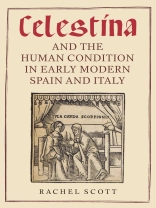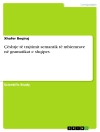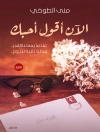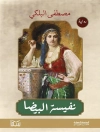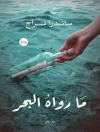Explores Celestina’s role as a key interlocutor in European literature and thought in the context of debates about the human condition.
Winner of the 2015 Publication Prize awarded by the Association of Hispanists of Great Britain and Ireland.
Celestina by Fernando de Rojas is a canonical work of late medieval Spanish literature and one ofthe earliest European ‘best-sellers’. However, while we have clear evidence of its popularity and influence, scholarship has not adequately answered the question of why it continued to hold such appeal for early modern audiences.This book explores
Celestina’s role as a key interlocutor in European literature and thought; it argues that the work continued to be meaningful because it engaged with one of the period’s defining preoccupations: the human condition, an idea often conceptualised in pro et contra debates about the misery and dignity of man. Taking an ideological and comparative approach that focuses on
Celestina’s reception in sixteenth-century Spain and Italy, it reads Rojas’s work against a network of texts that were translated and printed concurrently in both peninsulas yet which have not previously been examined in depth or detail alongside it, including Baldassare Castiglione’s
Il Cortegiano, Fernán Pérez de Oliva’s
Diálogo de la dignidad del hombre, and Pietro Aretino’s
Vita delle puttane. Each chapter explores themes common to sixteenth-century debates about the human condition, such as self-knowledge, self-fashioning, the formative role of language, the tension between freedom and constraint, as well as the access to knowledge provided by vernacular fiction in the context of early modern censorship.
Rachel Scott is a Postdoctoral Research Associate at King’s College London.
表中的内容
Note on Editions, Transcriptions, and Translations
List of Illustrations
Acknowledgements
Introduction
Debating the Human Condition:
Celestina’s Interlocutors
Self-knowledge and Solitude:
Diálogo de la dignidad del hombre
Fashioning Self and Society:
Il Cortegiano
The Myth of Freedom:
La vita delle puttane
Corrupting Women, Corrupting Words:
Coloquio de las damas
Afterword
Bibliography
关于作者
RACHEL SCOTT is Lecturer in World and Hispanic Literatures at Royal Holloway University of London.
